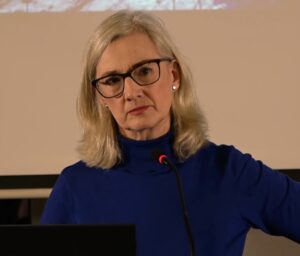Quantitative Tightening: The Road Ahead
with
Frances Coppola
In 2001, the Bank of Japan began purchasing government bonds in an effort to increase current account balances held by financial institutions at the Bank. Quantitative easing was born, and remained fresh in the memory of policymakers as the financial crisis hit. The policy helped to avoid a prolonged depression in an environment where interest rates were close to their zero lower bound in many countries across the globe.
Over ten years later, the story remained similar. Few nations had significant room to reduce interest rates at the outset of Covid, meaning “unconventional monetary policy” was relied heavily upon. Since March 2020, in the UK alone, £450bn worth of bonds were purchased through QE, helping to stabilize financial markets and keep borrowing costs low. At the same time, the unprecedented liquidity it provided contributed to a sharp increase in asset prices, causing negative distributional effects.
With economies opening up post-Covid, and the inflationary pressure that came with it, central banks have already decided to stop reinvesting maturing assets. Quantitative easing seems to be making way for quantitative tightening. What impact will this have on financial markets and the wider economy?
Frances Coppola

Frances Coppola is the author of the widely read Coppola Comment finance and economics blog. She spent 17 years working as a business analyst and project manager, running systems projects for banks such as RBS, NatWest, and HSBC, and completed an MBA at Cass Business School, specialising in financial risk management.


